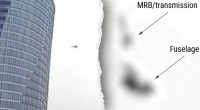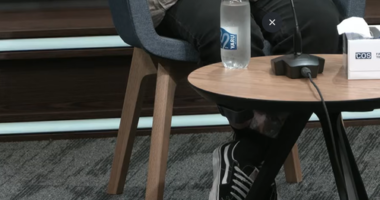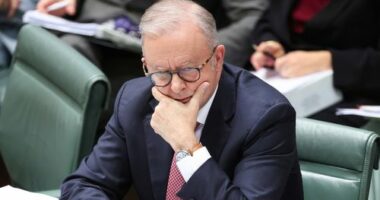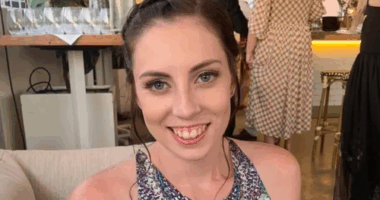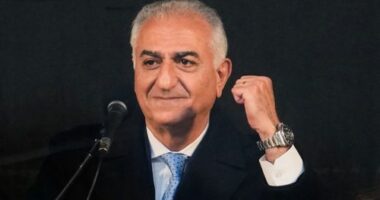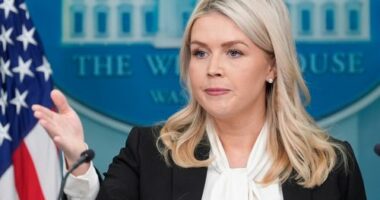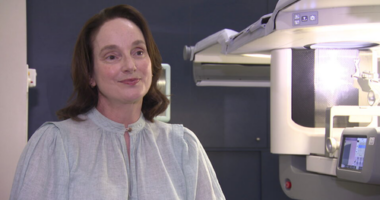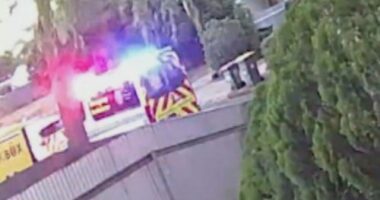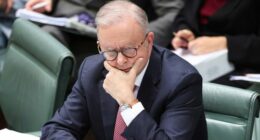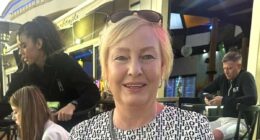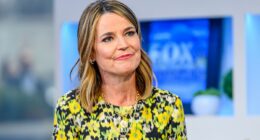Share this @internewscast.com
However, the current conclave, set to commence today, is already notable for several reasons.
How is this conclave different from other years?
“Although still crucial, there has been a recent trend initiated by Pope Francis and his predecessors to diversify the global representation among cardinal electors.”
“There has been an allowance made by Pope Francis to have a few additional cardinals for this election.”
Here’s how many cardinal electors each region will have:
- Europe: 52
- Asia: 23
- Central and Latin America: 21
- Africa: 17
- North America: 16
- Oceania: 4
Cardinal Mykola Bychok will represent both Australia and Ukraine. At age 45, he is the youngest in the conclave.
How long will the conclave last?
In more recent times, the process is typically resolved within a few days. The conclave that elected Francis in 2013 took five rounds of voting.

Edward Berger’s 2024 film Conclave starred Ralph Fiennes in a fictitious exploration of the conclave process. Source: AP / Philippe Antonello
“There’s all kinds of speculation that’s made at this time, but the rumours are that the cardinals would like a quicker conclave,” Hodge said of this year’s proceedings.
“I think that’s always the ideal — that it doesn’t go on too long. If you can get an election within two or three days, that’s ideal.”
In the event that the electors are unable to reach a consensus on the new pope after three days, Hodge mentions that they have the option to initiate a “day of prayer” to aid their decision-making. “This pause allows them to reflect deeply on potential candidates and discern who may be divinely guided for the role,” he explained.

Francis was widely viewed as a progressive pope. Source: Getty / Sean Gallup
When will we know the result?
Required to leave their mobile telephones behind when the voting process starts, the cardinals will let the world know their progress by burning their ballots to produce smoke. Chemicals from a separate stove are mixed with the smoke before it streams from a chimney atop the Sistine Chapel. Black smoke indicates no decision, while white smoke indicates a new pope has been elected.
Who are the top contenders?
There’s no clear frontrunner for who will be elected as the next pope. But there are a few leading figures:
- Cardinal Luis ‘Chito’ Antonio Tagle: From the Philippines, Cardinal Tagle, 67, could be the first pope from Asia. He holds a similar commitment to social justice as Pope Francis did, and is considered to be a more progressive option for the next pontiff.
- Cardinal Pietro Parolin: Serving as a high-ranking Vatican official, including as Pope Francis’ secretary of state, Cardinal Parolin, 70, is seen as a compromise for progressives and conservatives. While he’s seen as more pragmatic than Francis, there are concerns the Italian lacks the pastoral experience necessary.
- Cardinal Peter Kodwo Appiah Turkson: Hailing from Ghana, Cardinal Turkson’s views have been seen as a mix of moderate and conservative. The 76-year-old has been vocal on issues like climate and economic justice, whilst maintaining the church’s traditional positions on priesthood, homosexuality, and marriage between a man and a woman.
- Cardinal Peter Erdo: Hungarian Cardinal Erdo, 72, is considered a traditionalist and is one of the leading conservative candidates. His election would see a dramatic departure from Pope Francis’ approach.
- Cardinal Angelo Scola: Cardinal Scola was among the favourites during the 2013 conclave that ultimately elected Pope Francis. The Italian’s ideals are more conservative, mirroring the approach of Pope Benedict XVI, who preceded Francis. He’s opposed to female deacons and left-leaning gender politics. At 83, he is above the 80-year voting limit, but is still in the running.
